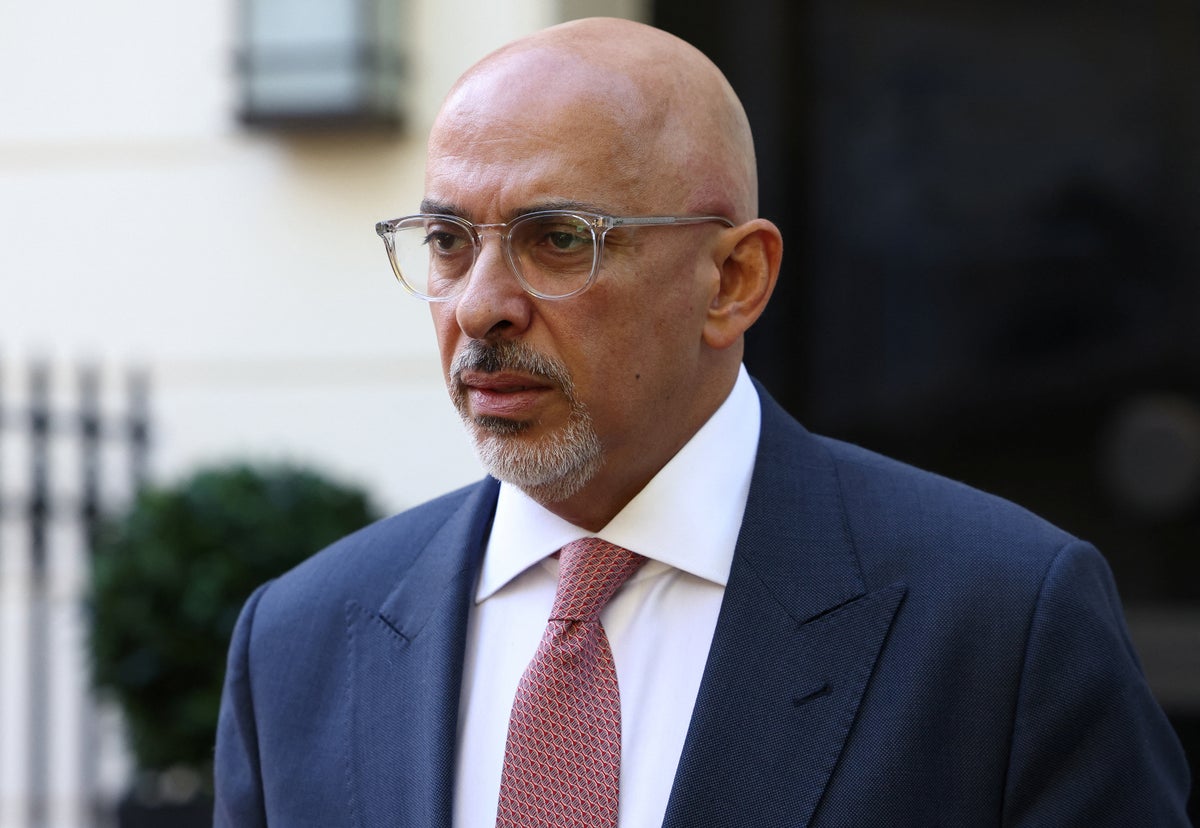
The chancellor Nadhim Zahawi has attempted to turbo-charge his leadership bid with a raft of tax cut pledges, despite warnings from a Tory grandee they risk fuelling inflation.
In a speech to Conservative activists, Mr Zahawi promised to cut the basic rate of tax to 19p and then 18p next year and the year after.
He also pledged to scrap VAT and green levies on energy bills for two years, reverse the planned corporation tax rise and ensure tax falls as a percentage of GDP every year if he became prime minister.
But former chancellor Lord Lamont criticised Tory leadership candidates "thinking that you can grow your way out of inflation" and argued that "unfunded, irresponsible tax cuts" would drive up interest rates and lead to a weaker pound.
The Conservative peer told Radio 4’s World At One programme: "You can’t grow your way out of inflation, you’re just likely to add to it if you attempt to do that.
"And there’s a real danger if you cut taxes, let’s say cut VAT in order to increase spending, to boost the economy, all you get is a very temporary boost and then you get more inflation".
He added: "I don’t suppose many people want to see interest rates above the level of inflation, but if we start giving unfunded, irresponsible tax cuts, the Bank of England will be faced with difficult choices indeed".
As Tory leadership candidates line up to pledge large tax cuts, experts warned the promises were "not serious".
Torsten Bell, chief executive of the Resolution Foundation, said that some "individual" taxes could be reduced "at the margins" but warned the kind of large-scale cuts being discussed "aren’t plausible".
He said: "You are not going to be cutting corporation tax by 10 percentage points and cutting national insurance and income tax.
"The trade-off in terms of slashing public services like the NHS and defence is something politicians are unlikely to be willing to do."
Carl Emmerson, the deputy director of the highly respected Institute for Fiscal Studies think tank, said soaring inflation meant the government already had less scope for change than when it set out its spending plans last October.
He said: "When you are setting public sector pay deals, you might find the kind of pay awards that workers might expect - and the kind of awards that pay bodies might recommend - could lead you to decide that it’s difficult to maintain current spending levels, let alone trim them."
The war in Ukraine meant ministers faced extra pressure on the budget, he added.
Almost all the Tory leadership candidates have committed to significant tax cuts.
Several have pledged not just to scrap a planned rise in corporation tax to 25%, but also to reduce it to 15%.







